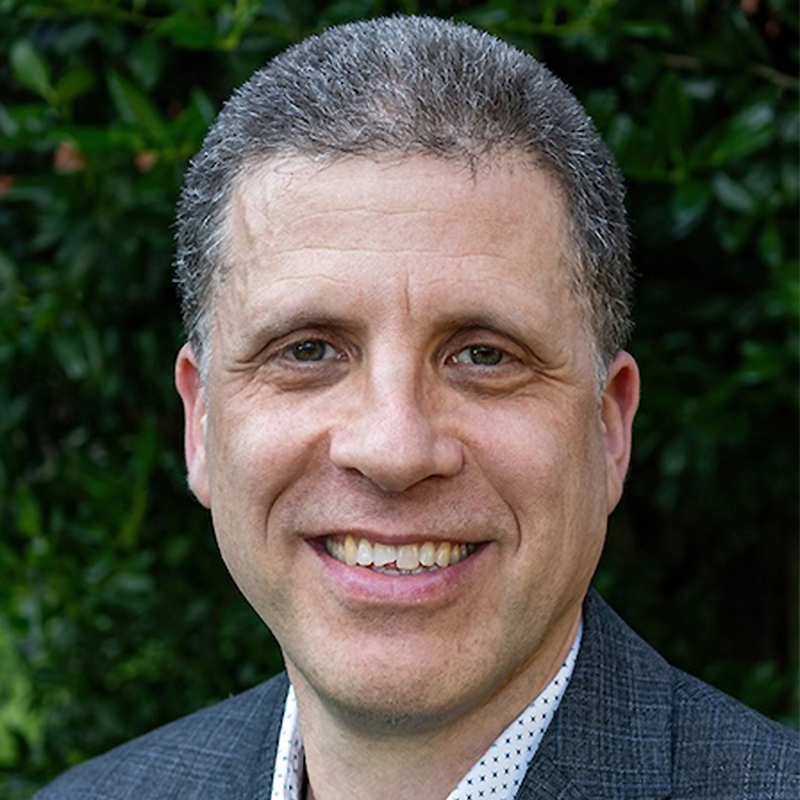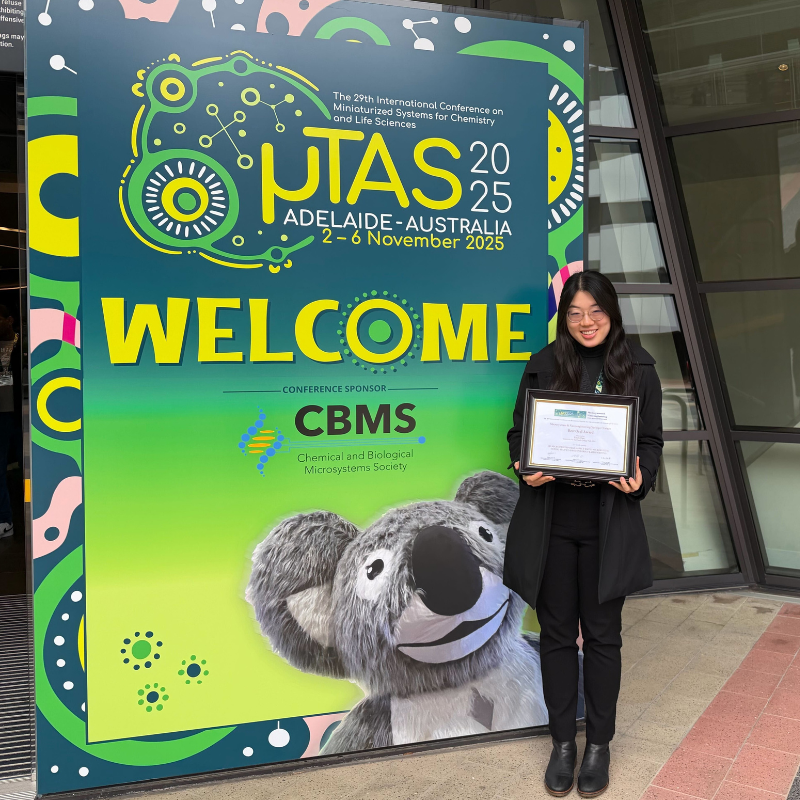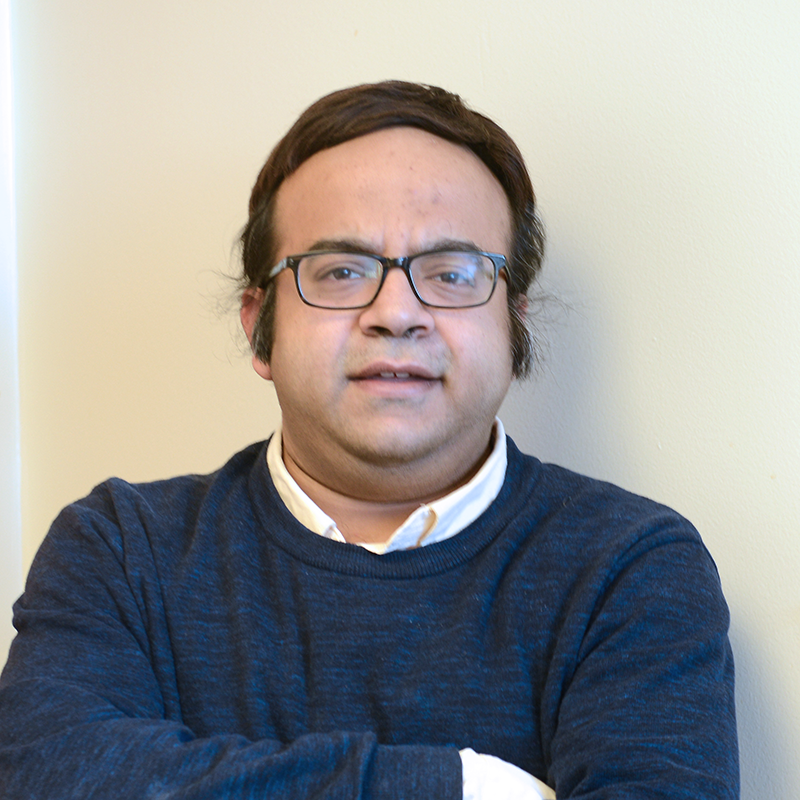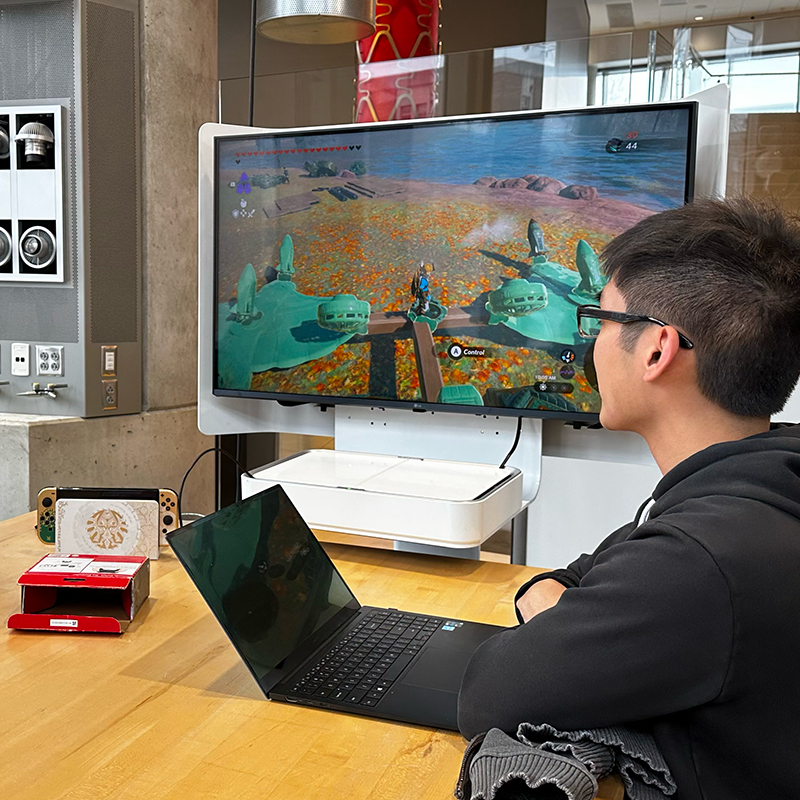News Story
MDSE Sends Team to Sierra Leone to Support Community Projects
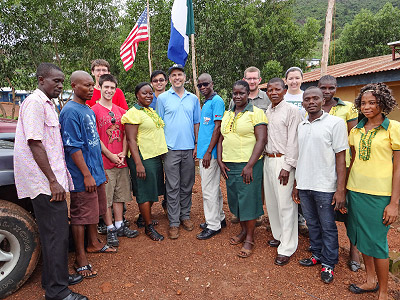
The UMD MDSE team with residents of Calaba Town, Sierra Leone
At the end of June 2013, Maryland Sustainability Engineering (MDSE) sent six members of the Sierra Leone Project team to Africa on an in-country assessment trip to investigate and collect data pertaining to three upcoming projects the organization plans to work on for Calaba Town, a small community on the outskirts of Freetown. After MDSE’s successful implementation of a 1.5 kW solar powered lighting system on the Abigail D. Butscher School in the summer of 2012, the student organization is continuing to partner with the Madieu Williams Foundation to work on engineering projects to improve the quality of life for the people in Calaba Town. Now that the school has lighting, which creates a better learning environment for the students and allows for extended use of the building, the school’s next immediate need is improved water quality to keep students hydrated through the school day.
Kathryn Connolly, a senior chemical engineering student, led the team, which was comprised of Civil Engineering Professor Dr. David Lovell, professional engineer Ed Miller, and engineering students Ethan Schindel (materials engineering), Henry Ko (bioengineering), and Christopher Lawler (mechanical engineering), on the week-long trip to Sierra Leone. The focus of the trip was on water quality testing of six water sources that could serve the school community: rain water, stream water, and four natural springs. At a community meeting led by MDSE, leaders in the community voiced their concern for the use of some of these sources in a water distribution system. The community’s input combined with the team’s water quality data and the information the team received from the director and engineers at the Sierra Leone Ministry of Water Resources, with whom the team met with multiple times during the week, helped MDSE to prepare planning for a water sanitation and distribution system for the school. Design work will begin in the coming Fall 2013 semester.
In addition to the need for clean water, the school faces severe overcrowding issues, and the Madieu Williams Foundation is working to address this issue with the construction of a second school building. MDSE plans to install another solar array which will power lights for this new building, as well as computers. The organization is currently working with the Clark School of Engineering to develop the details to set up satellite internet for the Abigail D. Butscher School. A first of its kind project for the University of Maryland’s Engineers Without Borders and Maryland Sustainability Engineering organizations, providing the school in Sierra Leone with internet would open numerous possibilities in the partnership involving UMD and the Madieu Williams Foundation with the Calaba Town community, including allowing the school’s teachers to access more extensive training from U.S. teachers, which would improve the quality of students’ education. On the recent assessment trip, the team discussed these possibilities with the school’s leaders, providing MDSE with insight into the possibilities the school envisions with the installation of satellite internet. Finally, the assessment team conducted a thorough monitoring of the solar lighting system installed last summer and learned several ways in which the organization can improve upon the design of the next solar electrification system.
MDSE’s most recent assessment trip confirmed that there remains plentiful ways for the University of Maryland student organization to continue to work with the Calaba Town community to improve the community’s infrastructure. Not only did the MDSE team collect data to begin design work on the next project, but the team also continued to foster a relationship with the community members of Calaba Town and its contacts in the city of Freetown. A meeting with the U.S. Ambassador to Sierra Leone was a great opportunity for the team to expand its contacts in-country and learn about the work of other U.S. aid organizations in Sierra Leone. The students and mentors from the University of Maryland also gained valuable cultural exposure, and the students in particular were able to learn new skills and subjects, which they can apply in the design phase of the upcoming project and in general application to real world engineering problems.
For more information about the University of Maryland’s Engineers Without Borders and Maryland Sustainability Engineering organizations, visit www.ewb.umd.edu.
Published August 5, 2013





